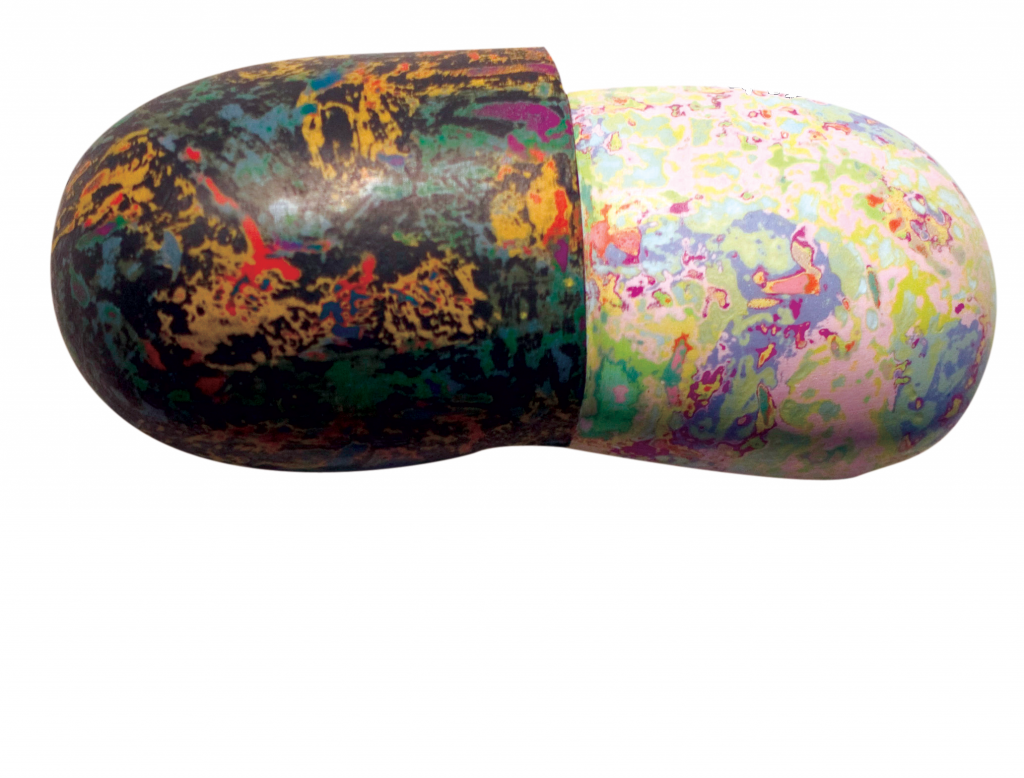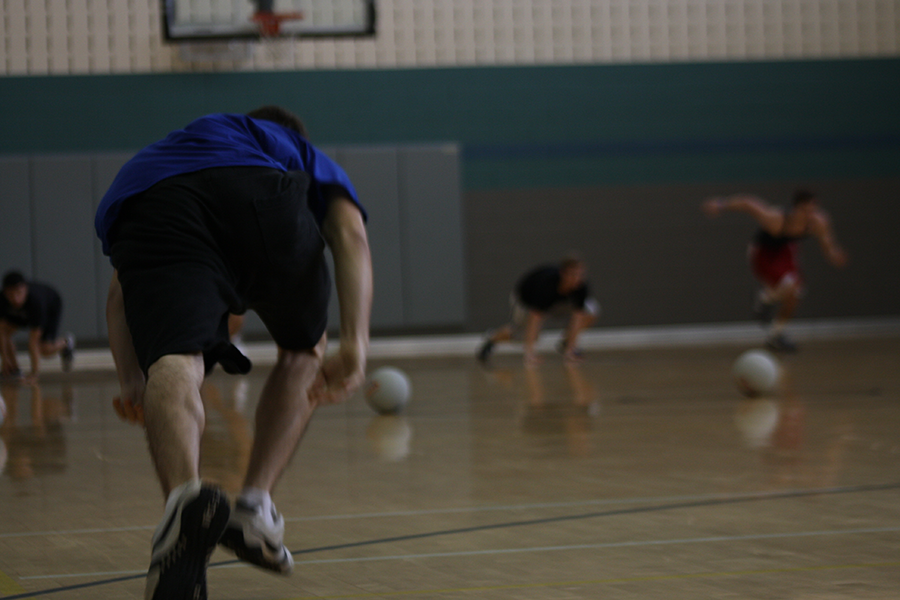By Mona Lisa Tucker/reporter
The Women in New Roles Program is celebrating its 33rd anniversary in 2011, said South psychology professor Triesha Light.
The program originated on South Campus in 1978 by former college teacher Emily Lunday Garrett, she said.
“Lunday retired, and Light has nurtured the program, and it continues to thrive,” said NE director of student development services Paula Vastine.
WINR is the last surviving program of the era of specialized programs such as black studies, gay/lesbian studies, etc, that began in the late ’60s and early ’70s, she said.
“It has lasted because it serves a need and fills a big gap for many women wanting to return or go to college,” she said.
The mission of the program is to empower, encourage and support women as they enroll in college and attempt to reach their educational and career goals, Light said.
“WINR is two classes that are taught in a blended/integrated curriculum. The classes are PSYC 2315, Psychology of Adjustment/Human Relations, and PSYC 2302, Applied Psychology, that has a career focus,” she said.
The classes help a student answer three questions: Where am I now? Where have I been? Where am I going?
Light said WINR has three phases.
The pre-class phase is to market, recruit and counsel individual students who may be referred. The in-class phase is meant to instruct and provide support services for retention in higher education. And the post-class stage is to track the student and encourage the student to follow through after exiting the classes.
Marisa Garcia-Luna, SE coordinator of student academic success, said she was instrumental in starting the WINR program on SE in 2001.
“Students should know that the WINR curriculum, student networking and participation in the arts and career development opportunities result in high-level course completion and retention,” she said.
About five years ago, NE started the program. Counselor Anita Peters taught it the first semester, and Vastine started the second go-round.
“I would like for us to be able to offer day classes again. We feel like the two schedules are ideal for mothers with children,” she said.
Student Janjura Williams said WINR allowed her to dig deep within herself, challenged her to really think about the things that she loved or didn’t like and helped her discover why she was where she was right then.
“Because I always classified myself as a mother, as a black woman and as a worker for a clinical lab,” she said.
The program also allowed her to network with other women who had gone through things and been successful and even women who were still failing in different areas.
“There are other women out there that need WINR and need to know that you can still be a woman and be successful,” she said.
Now, Williams is the current president of NE Campus’ Phi Theta Kappa honor society.
“WINR allowed me to realize we all had something to give in whatever capacity it is and that you have to be willing to give of yourself,” she said.
Luna said students can expect to be well-prepared to succeed in college, in the workplace and in their personal lives.




























